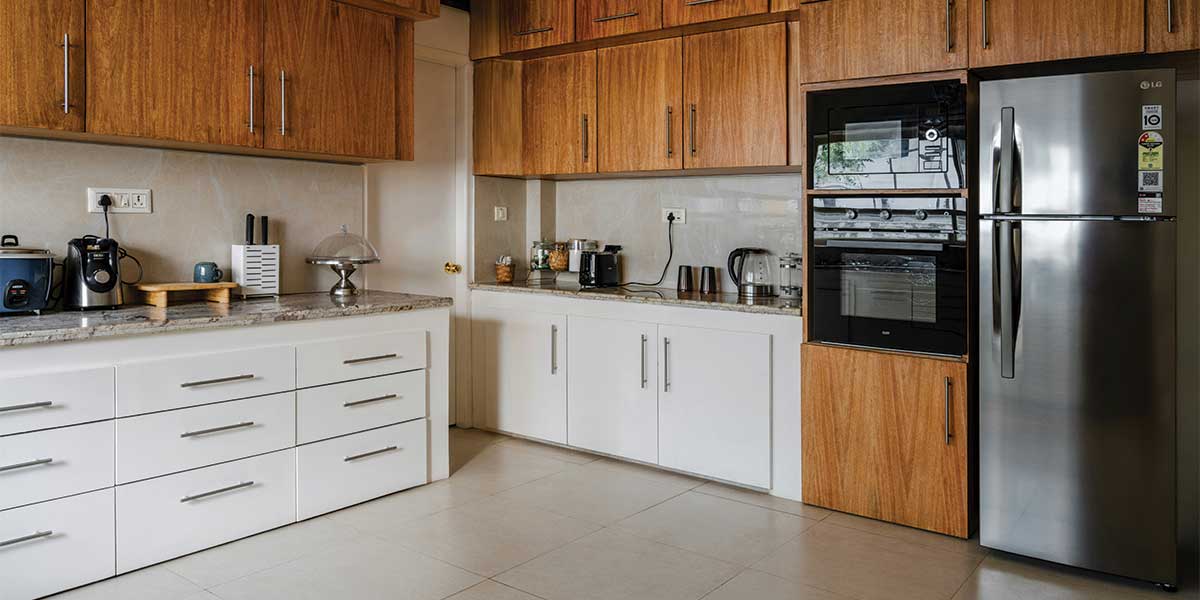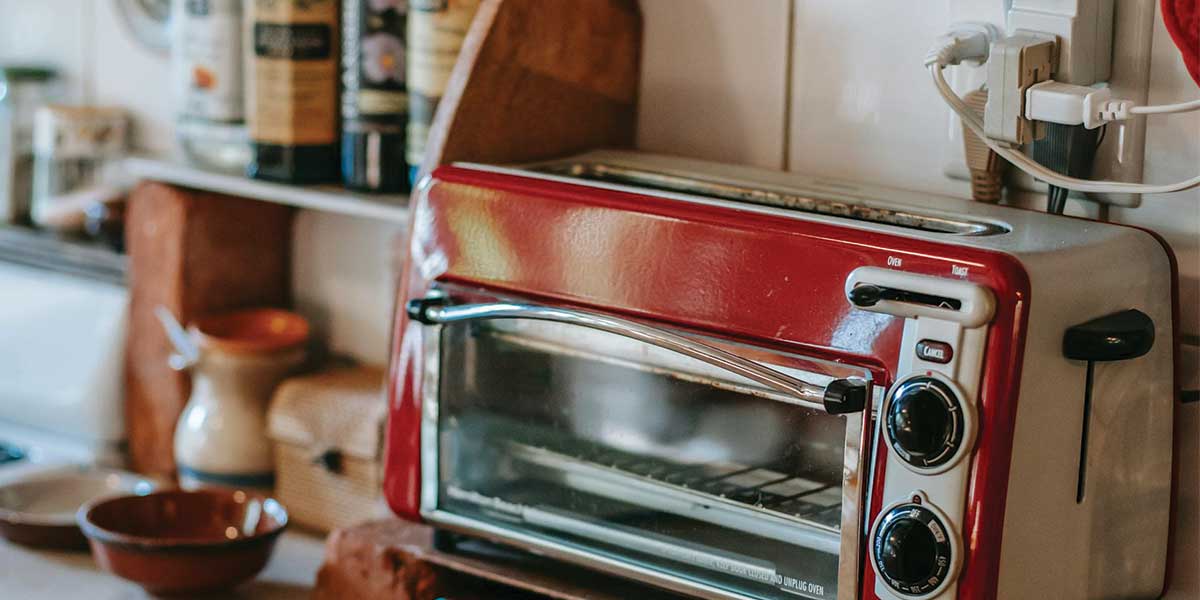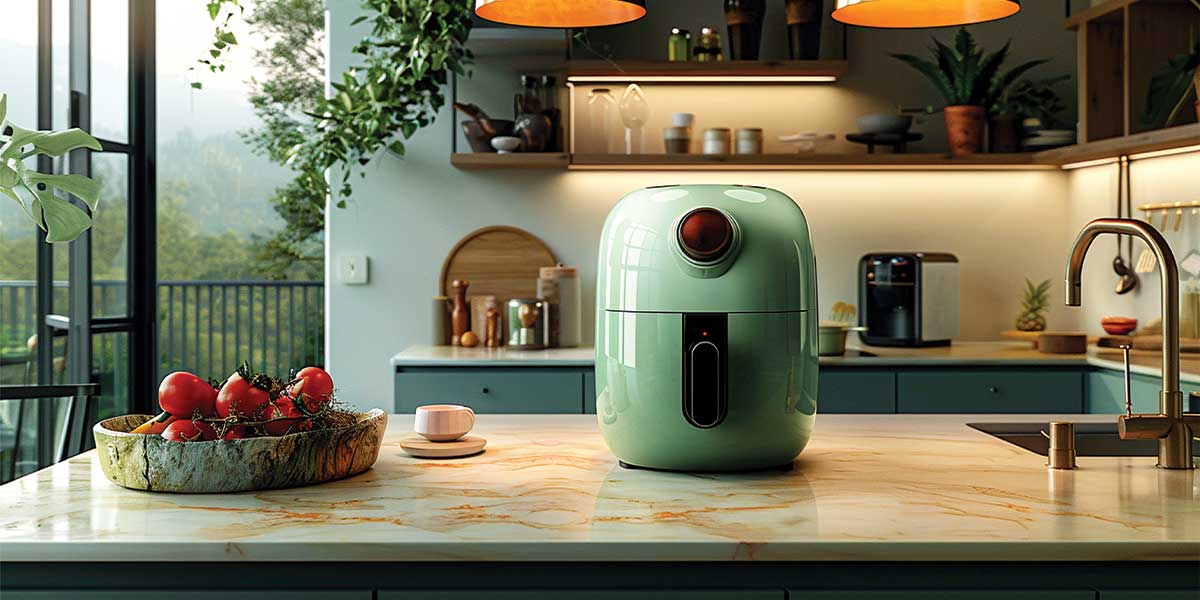The kitchen is the heart of every home, a place for delicious meals, midnight snacks, coffee-fueled mornings, and family bonding. But it’s also one of the most hazardous areas due to water, heat, sharp objects, and electricity combined in one space. Following these kitchen electrical safety tips is vital to keep your household safe, prevent fires, and avoid injuries.
1. Proper Appliance Usage
Using kitchen appliances correctly is the first rule of electrical safety. Always read and follow the manufacturer’s instructions before plugging in any device. Misusing an appliance can lead to overheating, malfunction, or even electrical fires. Avoid plugging multiple high-wattage appliances into a single outlet, as this overloads the circuit.
For example, don’t plug your toaster, coffee maker, and air fryer into the same outlet strip. Each appliance draws power, and collectively they can exceed the outlet’s capacity. Use separate outlets and circuits for major appliances when possible.
Pro Tip: Install dedicated circuits for heavy-duty appliances like ovens and microwaves to reduce the risk of overloads.
2. Regular Maintenance
Just like your car needs oil changes, your kitchen appliances need regular check-ups. Inspect cords for frays, exposed wires, or melted insulation. If you notice your appliance making strange noises, emitting burning smells, or underperforming, unplug it immediately and have it repaired or replaced.
Check outlet plates for heat or discoloration, as these can signal faulty wiring behind the wall. Damaged outlets increase the risk of electrical shock and fire. Professional inspections from Expert Electric can identify hidden issues before they become major problems.
3. Water and Electricity Don’t Mix
One of the most critical kitchen electrical safety tips is to never handle appliances with wet hands. Water conducts electricity, increasing the risk of shocks or short circuits. Ensure countertops are dry before plugging in devices. Keep appliances like blenders, mixers, and kettles away from sinks to prevent accidental water contact.
If an appliance falls into water, do not attempt to retrieve it while plugged in. First, switch off the breaker supplying power to that outlet before carefully removing the device and drying the area thoroughly.
4. Unplug Unused Appliances
Unplugging appliances when not in use reduces phantom energy drain and minimizes the risk of overheating or electrical fires. Appliances left plugged in still draw power, costing you money on your energy bills.
Imagine leaving a toaster plugged in overnight and experiencing an unexpected electrical surge, it could result in a dangerous kitchen fire. Make it a habit to unplug devices after use to keep your kitchen safe.
5. Childproof Your Kitchen
If you have children at home, the kitchen becomes even riskier. Curious hands love buttons, plugs, and switches. Protect little ones by:
-
Using outlet covers on all unused outlets
-
Keeping cords out of reach
-
Installing appliance locks where applicable
-
Teaching kids about electrical safety early
By educating children on the dangers of electricity, you empower them to act safely around appliances and outlets.

6. Install a Fire Extinguisher
Every kitchen needs a Class C-rated fire extinguisher for electrical fires. Grease fires require Class K extinguishers, while electrical fires require Class C. Some multi-purpose extinguishers handle both types. Place your extinguisher in an accessible area, away from stoves or ovens, and ensure everyone in your household knows how to use it.
Learn more: National Fire Protection Association (NFPA) – Fire Extinguisher Safety
7. Avoid Using Extension Cords
Extension cords may be convenient but aren’t a permanent solution in kitchens. Using them can lead to overloaded circuits, damaged outlets, and trip hazards. If you require more outlets, consider having additional ones installed by a professional electrician.
When you must use an extension cord temporarily, choose heavy-duty models with surge protection and ensure they are rated for kitchen appliance wattage. Never run extension cords under rugs or across walking paths.
8. Proper Ventilation
Good ventilation reduces moisture buildup, which can damage electrical outlets and appliances over time. Moisture encourages rust and corrosion, increasing the risk of electrical shorts. Install range hoods and exhaust fans to clear steam and smoke efficiently.
If you notice condensation forming on your walls or appliances, it’s a sign your kitchen ventilation needs improvement. Contact Expert Electric to inspect fan wiring or upgrade your kitchen’s ventilation system safely.
9. Install Ground Fault Circuit Interrupters (GFCIs)
GFCIs protect you from electric shocks by shutting off power when they detect an imbalance in current flow. They are essential in kitchens, bathrooms, garages, and outdoor areas where moisture is present.
Canadian Electrical Code requires GFCI outlets near sinks and countertops. If your kitchen outlets are outdated, have them upgraded by Expert Electric to meet modern safety standards.
Learn more: Electrical Safety Authority – GFCIs Explained
10. Professional Installation and Repair
DIY electrical work is dangerous if you lack training. Always hire a licensed electrician for installations, repairs, and inspections. Professionals have the expertise to ensure your electrical system complies with local codes, reducing hazards and ensuring long-term reliability.
At Expert Electric, our certified electricians handle everything from new kitchen lighting installations to rewiring and GFCI upgrades, ensuring safety and functionality with every project.

FAQs
What are the most common electrical hazards in the kitchen?
Common hazards include overloaded circuits, frayed appliance cords, improper use of extension cords, water near outlets or appliances, and outdated outlets lacking GFCI protection.
How often should I inspect my kitchen appliances?
Visually inspect appliances monthly for cord damage or unusual signs. Schedule professional electrical inspections annually, especially in older homes or if you frequently use high-powered appliances.
Is it safe to repair electrical appliances myself?
No. Unless you are trained and certified, attempting DIY electrical repairs can result in injury, fires, or voiding manufacturer warranties. Always consult a professional electrician for repairs.
Why are GFCIs important in the kitchen?
GFCIs prevent electric shocks by shutting off power when current leaks are detected, especially important in kitchens where water increases shock risk.
How can I childproof my kitchen outlets effectively?
Use tamper-resistant outlet covers, keep cords out of reach, install child locks on appliances, and educate children about the dangers of electricity.
Final Thought
Your kitchen is a hub of comfort, creativity, and culinary magic, but without proper electrical safety, it can quickly become hazardous. By following these kitchen electrical safety tips, scheduling regular inspections, and working with licensed electricians, you protect your home and loved ones.
Contact Expert Electric Today
At Expert Electric, we prioritize your safety with every service. Whether you need kitchen rewiring, GFCI installation, appliance circuit upgrades, or complete inspections, our team is here to help.
✅ Call us: 604-681-8338
✅ Email us: info@expertelectric.ca
Choose Expert Electric for reliable, precise, and top-quality electrical solutions. Your kitchen deserves the best and so do you.


